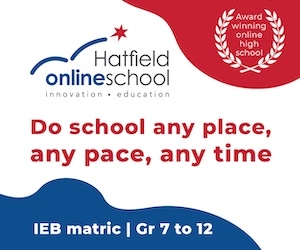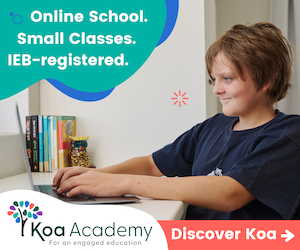
Getting the Proper Education for Our Kids’ Futures at Educ8 SA
In today’s rapidly evolving world, providing our kids with the right education is more critical than ever. As parents, we want our children not just to succeed, but to thrive in the future. But what does it mean to receive a “proper” education? It goes beyond simply memorizing facts and figures. It means equipping our kids with the skills and knowledge they need to navigate an ever-changing landscape filled with new technology, global connections, and a shifting job market. What We Will Discuss Today at Educ8 SA At Educ8 SA, we believe in empowering our children with a well-rounded education that includes not only core subjects like math and science, but also critical thinking, creativity, adaptability, and digital literacy. Our goal is to prepare them for the challenges and opportunities that lie ahead, helping them develop the skills and mindset necessary to succeed in any field they choose. You will read about the importance of providing our kids with the proper education for the future and discover how Educ8 SA is revolutionizing the way we educate our children, ensuring they have the tools they need to thrive in the years to come. The Importance of Education for the Future Education has always been a cornerstone of society, but its significance is more evident now than ever in today’s fast-paced world. As technology continues to advance and global connections grow stronger, the need for a well-educated workforce becomes increasingly crucial. Education through Educ8 SA not only imparts the knowledge and skills necessary for success but also plays a vital role in preparing our kids for the future and shaping our society as a whole. A proper education is essential for unlocking opportunities and building successful careers. It equips individuals with the necessary skills to adapt to new technologies, navigate complex problems, and communicate effectively in an interconnected world. Additionally, education fosters personal growth, critical thinking, and creativity—skills that are essential for our students’ future success. The Changing Landscape of Education Gone are the days when education was confined to traditional classrooms and textbooks. The landscape is evolving rapidly, driven by technological advancements and changing societal needs. Today, education is no longer limited to a physical location; it includes online learning platforms and personalized educational experiences. While the traditional approach to education has its merits, it is no longer sufficient to prepare our children for the future. The one-size-fits-all model fails to address the unique needs and interests of individual students. Educ8 SA offers alternative education methods that emerge to provide more flexibility, personalized learning paths, and a focus on practical skills. The Skills Needed for the Future Job Market The job market of the future will be vastly different from today. Automation and artificial intelligence are reshaping industries and transforming the nature of work. Consequently, the skills that will be in high demand are changing as well. In addition to core subjects like math, science, and language arts, the future job market will require skills such as critical thinking, problem-solving, creativity, adaptability, and digital literacy. These skills are essential not only for thriving in a technology-driven world but also for navigating the complexities of an increasingly interconnected and diverse global society. There is so much to learn and explore about planning for our kids’ futures. Traditional Education vs. Alternative Education Methods Traditional education has long been the norm, with students attending physical school buildings and following a standardized curriculum. While this model has its merits, it may not be the best fit for all students. Alternative education methods, such as homeschooling, online learning, and project-based learning, offer a more flexible and personalized approach to education. Through Educ8 SA, students can learn at their own pace, explore their interests, and develop essential skills that may not be emphasized in traditional classrooms. Contact Us Today: 084 685 2138 [email protected] www.educ8sa.com





































